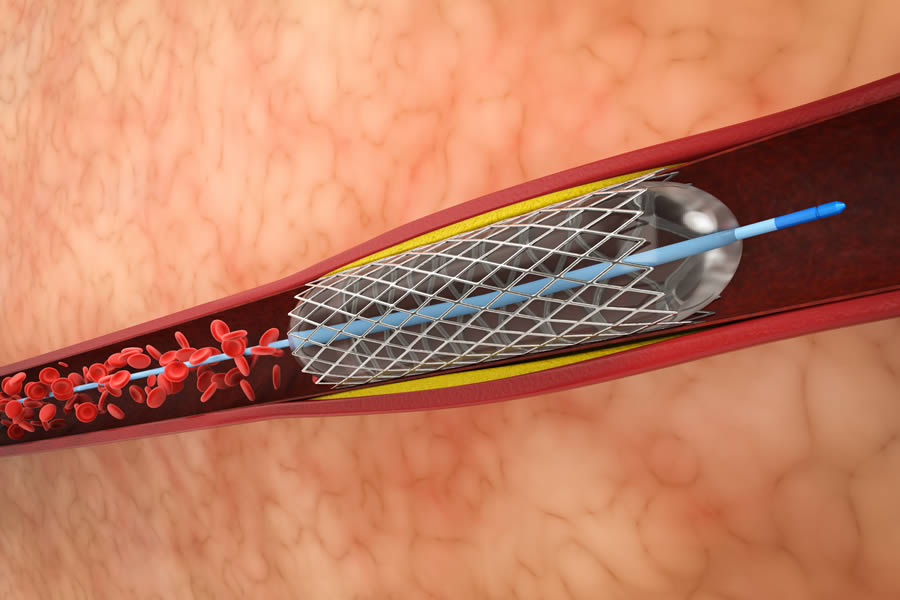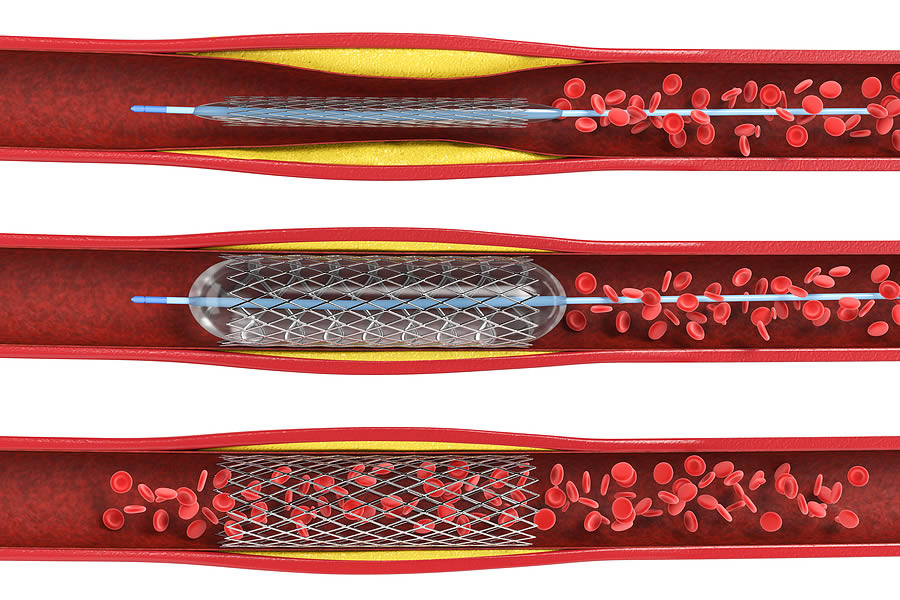Menu
- Home
- Treatments
- Our Providers
- About Us
- Patient Info
- Testimonials
- Locations
- Blog
- Financing
- Contact Us
- Home
- Treatments
- Our Providers
- About Us
- Patient Info
- Testimonials
- Locations
- Blog
- Financing
- Contact Us

The intricate network of blood vessels coursing through our bodies is a vital lifeline ensuring that oxygen and nutrients reach every cell. For individuals grappling with kidney failure, maintaining the health of these vessels becomes even more critical. In the realm of vascular medicine, two procedures – fistulogram treatment and angioplasty surgery – stand as beacons of hope, offering both diagnostic insights and life-saving interventions. National Vascular Associates is proud to offer these valuable solutions, and we are happy to schedule your appointment with a licensed physician today.
The journey of facing kidney failure often involves the creation of vascular access sites for hemodialysis. Whether through a surgically constructed fistula or a synthetic graft, these access points become lifelines for individuals dependent on dialysis management to cleanse their blood. However, as time marches on, these lifelines may encounter challenges that threaten their efficacy.

Slow or inefficient blood flow during dialysis can be indicative of stenosis or blockages. If you notice a decline in the efficiency of your hemodialysis sessions, it might be a signal that something is amiss with your vascular access.
Pay close attention to the skin around the access site. Unexplained changes in color, temperature, or the development of ulcers may suggest compromised blood flow. Persistent swelling, tenderness, or discomfort around the access site also warrants attention. These symptoms could indicate issues such as thrombosis or narrowing of the blood vessels.
When signs and symptoms hint at vascular issues, a diagnostic tool known as a fistulogram becomes instrumental. This non-invasive procedure involves injecting a contrast dye into the the fistula or graft, essentially the access site, then utilizing X-ray imaging to visualize the vascular landscape. By pinpointing narrowings, blockages, or other anomalies, a vascular specialist can formulate a precise plan for intervention.
Upon the discovery of issues through a fistulogram surgery may become necessary. Angioplasty treatment is a procedure designed to widen narrowed or blocked blood vessels. Acting swiftly can be a matter of life and death in the realm of vascular health. During angioplasty, a catheter with an inflatable balloon is delicately guided to the affected area. Once in position, the balloon is inflated, pressing against the vessel walls to alleviate stenosis and restore proper blood flow.
In some cases, a stent—a tiny mesh tube—may be inserted to maintain the vessel's patency. This intervention not only addresses the immediate concern but also aims to fortify the longevity and effectiveness of the vascular access site.
Beyond the procedures themselves, comprehensive dialysis management is crucial for sustained vascular health. Regular check-ups with a vascular specialist, adherence to prescribed medications, and lifestyle modifications all play pivotal roles in preventing and mitigating vascular complications. Residents in the area are invited to call National Vascular Associates at any time of the day and request assistance. Whether it's a fistulogram for precise diagnosis, angioplasty for immediate intervention, or a holistic approach to dialysis management, our services pave the way for a healthier vascular journey.